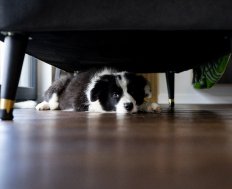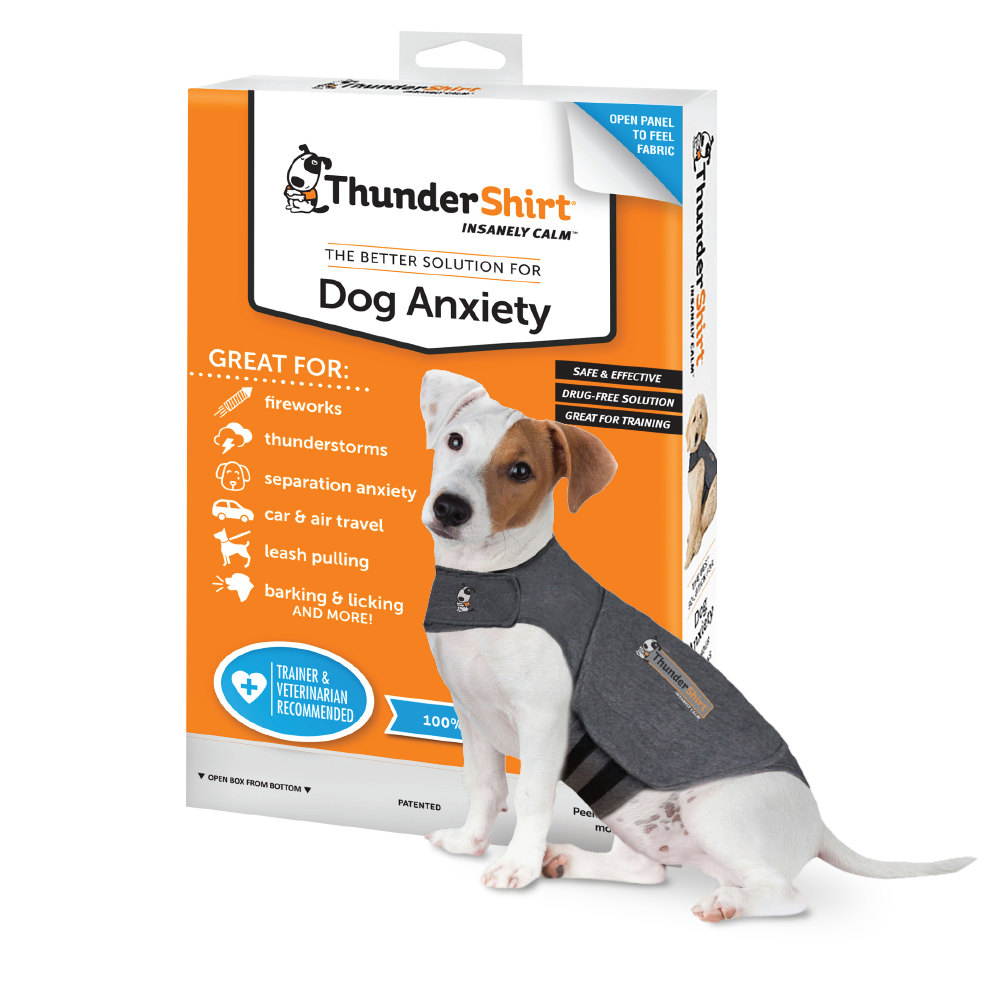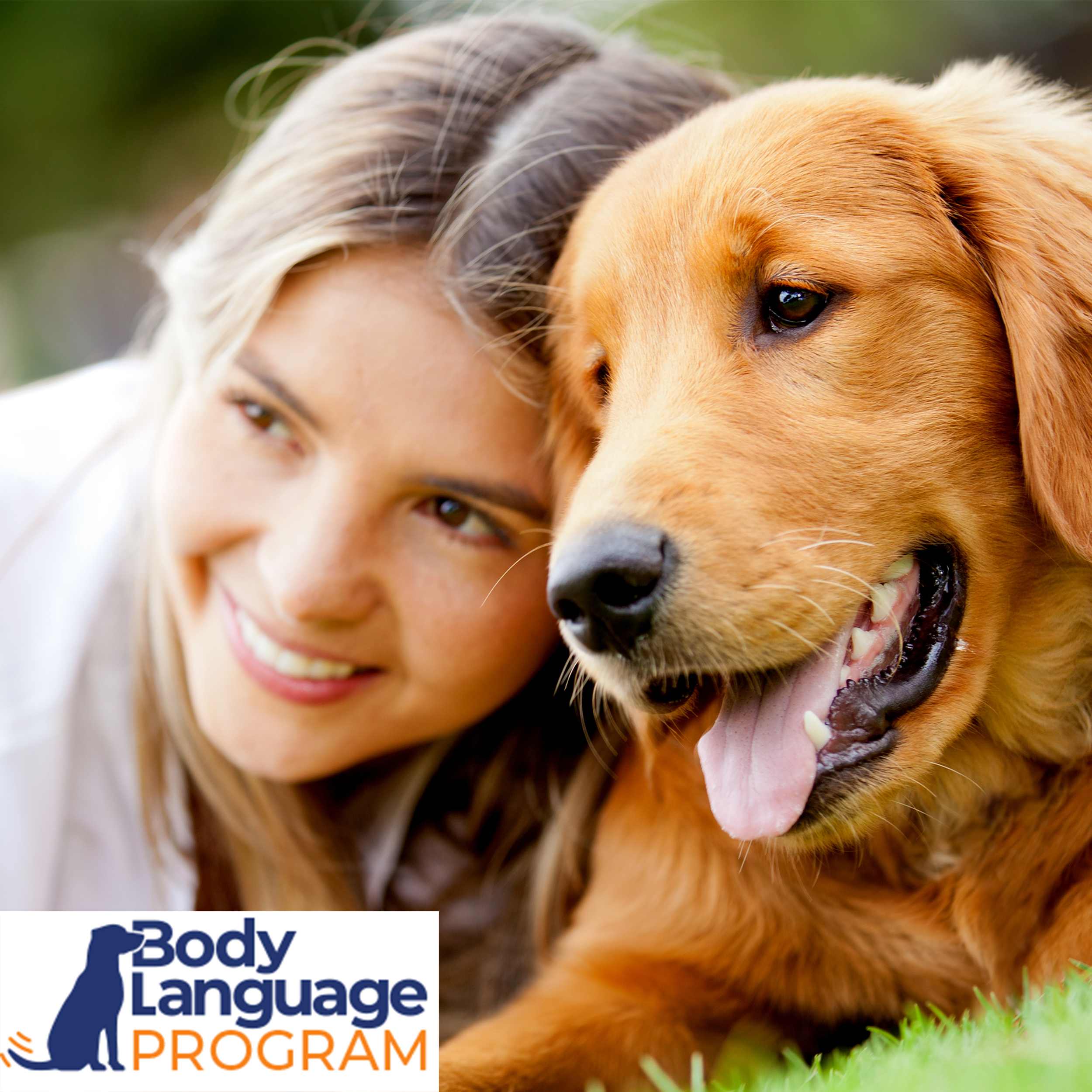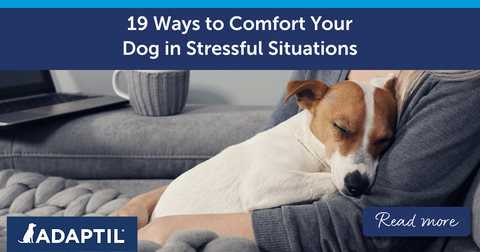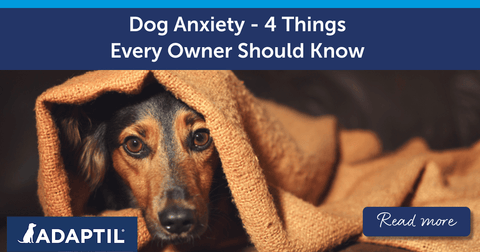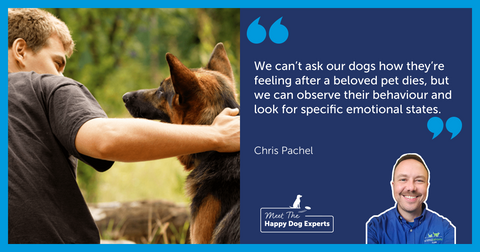
Why is my dog nervous of visitors?
If your dog is nervous of visitors, then it's almost understandable, it's their home and they didn't invite a complete stranger to come into their home. Guests are a break in the dog's daily routine and therefore can be very exciting or scary if your dog is already showing signs of anxiety.
Depending on your dog's temperament, the guests might be perceived as trespassers. For some cases it is not always a simple fix, especially if your dog has reacted in a certain way for a long time. It is advisable the advice of a vet or qualified behaviourist to help you put a plan into place to ensure you are reacting and rewarding in the right way. The earlier you can tackle this, the better.
How to help your dog to cope with visitors
When visitors are over it's important to teach your dog what you want them to do. Give your dog clear instructions and remember how you want them to act in the situation e.g. no jumping up.
Short-term you can use a barrier or gate that will separate your dog from the front door. This won't replace training, but it will help while you're working on this behaviour.
- Leave a sign outside and a pot of treats for visitors to give your dogs when they come in, if safe to do so. Your dog could soon learn that visitors arriving is a great thing, as I get rewards! Tell all guests this before they arrive and after a few minutes or after a while if your dog is still being calm and relaxed then you can allow your visitors to throw your dog treats.
Go slowly when exposing them: first approach the fearful thing from a good distance. Reward when they remain calm and DO NOT force them to continue if unhappy. Over time move closer continuing with all the rewards when behaving well.
The goal is to have your dog in a relaxed position when visitors arrive and to enjoy the visit. Therefore, you want to teach your dog that they should stay calm and give interactive relaxed behaviours with your visitors to get rewards. Use your dog's bed or safe haven as a comfortable place that your dog associates with wonderful things and use this as a training tool.
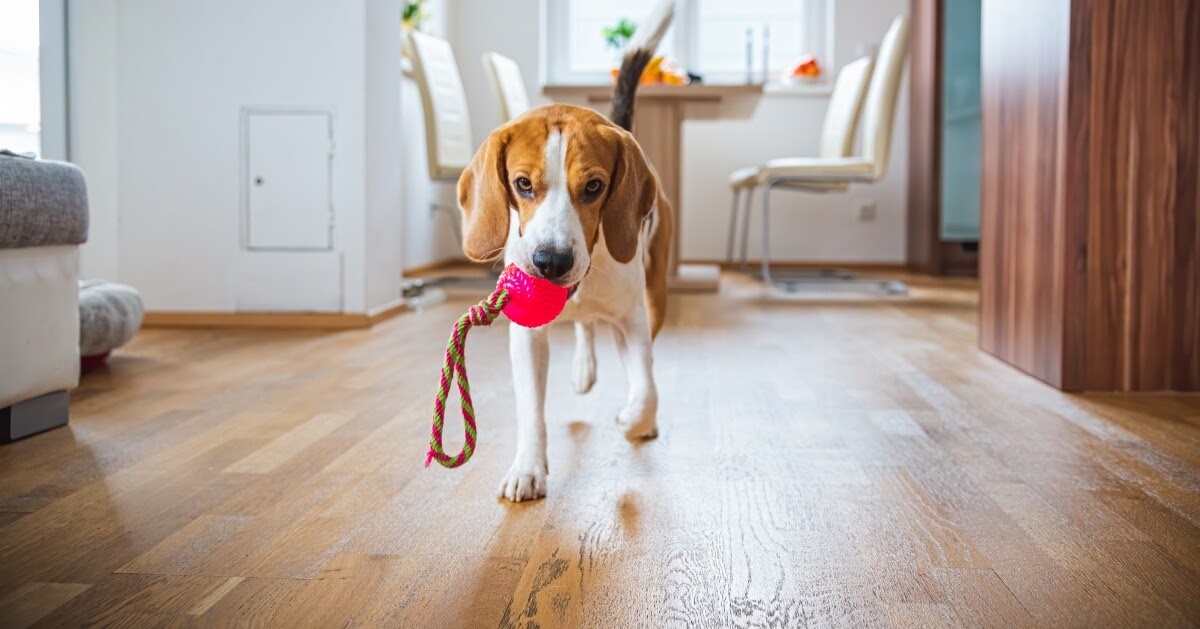
Providing distractions or things that are more interesting such as puzzle toys, stuffed or frozen kongs filled with high-value treats like chicken or peanut butter (dog-friendly) is a long-lasting option. Begin to practice this in different scenarios; especially at the front door or in distracting situations.
Recruit someone else to help, a family member, friend, or neighbour to help you. Always have yummy treats in your pocket and provide them to your dog whenever they are relaxed or calm. Ask your helper to ignore your dog at all times unless the dog walks over to them and is calm and seeks their attention. Then have the helper go back outside and repeat the exercise. If at any time your dog gets distracted, ask him to sit/go to their bed or a calm behaviour and reward after.
Always provide these lasting high value food puzzles or treats before a planned visitor arrives, they should soon start to associate the positivity with the visitor or keep distracted to a point where visitors don't matter or aren't a worry.
Are you looking for more advice on caring for your dog or searching for ideas for helping them cope with visitors? Don’t hesitate to get in touch! Stay informed with our latest tips, guides, and product information by signing up to our newsletter.


